- Children in Arakan State face rising cases of pneumonia and flu
- Muslim militiamen flee junta camps in Sittwe amid oppression, discrimination
- Junta navy activities halt fishing in Thandwe
- Junta airstrike kills 21 POWs, family members at Kyauktaw detention centre
- Arakan Army seeks to expand territorial control in Sittwe
Arakan State records 1,056 dengue fever cases so far this year
The Arakan State capital Sittwe accounted for 209 of this year’s cases to date, with Kyaukphyu Township reporting 206 cases and Taungup Township rounding out the top three with164.
02 Aug 2023
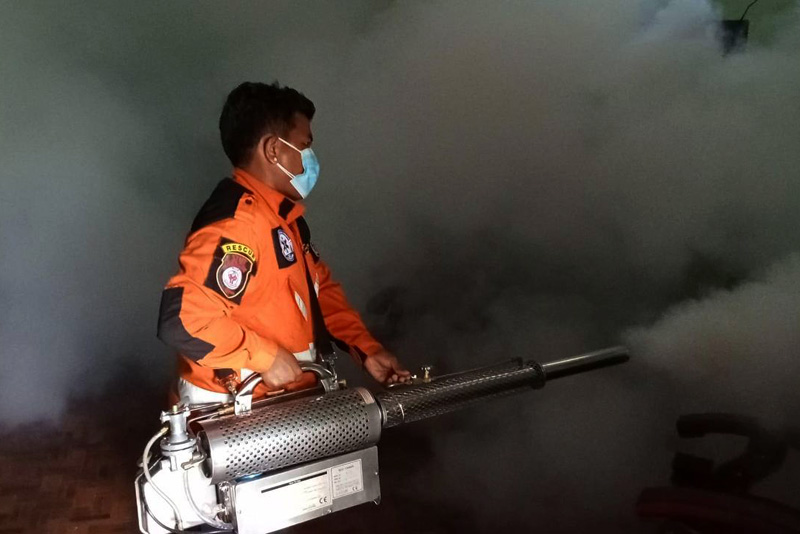
DMG Newsroom
2 August 2023, Sittwe
There were 1,056 cases of dengue fever recorded in Arakan State from January to the end of July, according to figures compiled by the Arakan State military council.
The Arakan State capital Sittwe accounted for 209 of this year’s cases to date, with Kyaukphyu Township reporting 206 cases and Taungup Township rounding out the top three with164.
Citing data compiled by the Department of Public Health (DPH), the Arakan State military council said there were more than 1,000 dengue cases in the first seven months of this year across all 17 townships in Arakan State, but no fatalities were reported.
“The health department conducted awareness in advance about the fact that there will be a lot of mosquito breeding because the water flow is not good due to the storm [Cyclone Mocha],” said U Hla Thein, spokesman for the Arakan State military council. “This year, there were more children with dengue fever than last year, but there were no deaths. More than a thousand people were treated as patients for dengue fever.”
The Department of Public Health (DPH) has been working to raise awareness about dengue prevention and control in the townships with the highest incidence of dengue in Arakan State, and is undertaking mosquito control measures in some of the affected communities, said Dr. Zaw Zaw Aung, assistant director of the Arakan State DPH.
Civil society organisations and social assistance organisations are currently working on prevention of dengue fever, and some have pointed out that the relevant health department also needs to work vigorously on the ground.
“The health workers do spraying in advance to prevent mosquito breeding. If people take care to prevent the breeding of mosquitoes in the urban areas and villages where they live, the risk of dengue fever will be minimal,” said an official from Kyauktaw Township Red Cross Society. “If not only the health department, but individual people can participate, we will be able to carry out dengue response activities more quickly.”
The Mrauk-U Youth Association, which is spraying mosquito repellants in Mrauk-U Township, is also informing people about dengue fever prevention basics.
“We only spray it when the villages request it,” said Ko Khaing Min Shin, chairman of the Mrauk-U Youth Association. “Last July, we went to five villages and sprayed mosquito repellent. And we do it in the urban neighbourhoods as well. When you go down to the village and meet the villagers, we also share knowledge about the risk of dengue fever.”
Social aid groups are working hard to prevent and suppress mosquito-borne diseases in Arakan State, but they say it is not enough.
A July 26 statement by the United Nations Office for the Coordination of Humanitarian Affairs (UNOCHA Myanmar) stated that the people affected by Cyclone Mocha in Arakan State are still under the threat of diseases transmitted by mosquitoes during the rainy season.




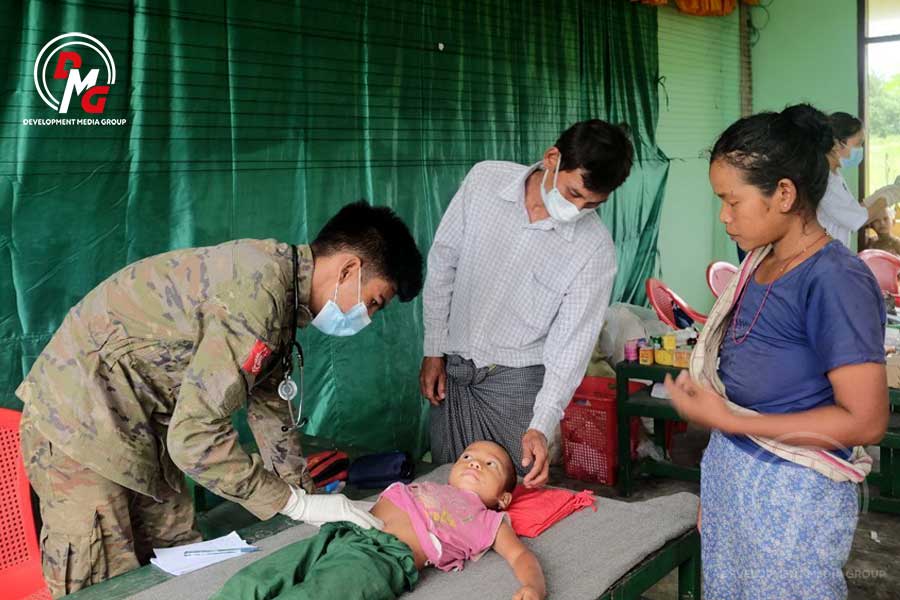
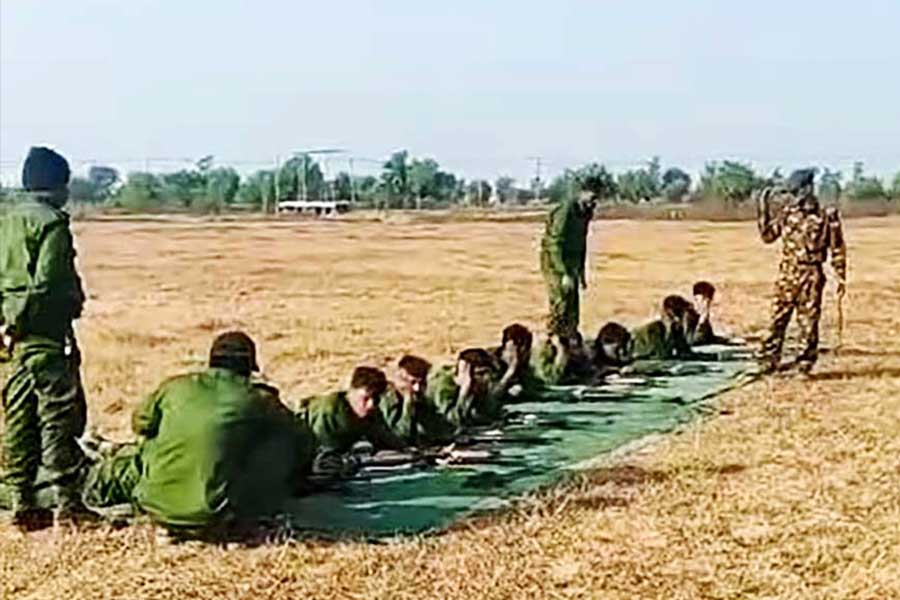
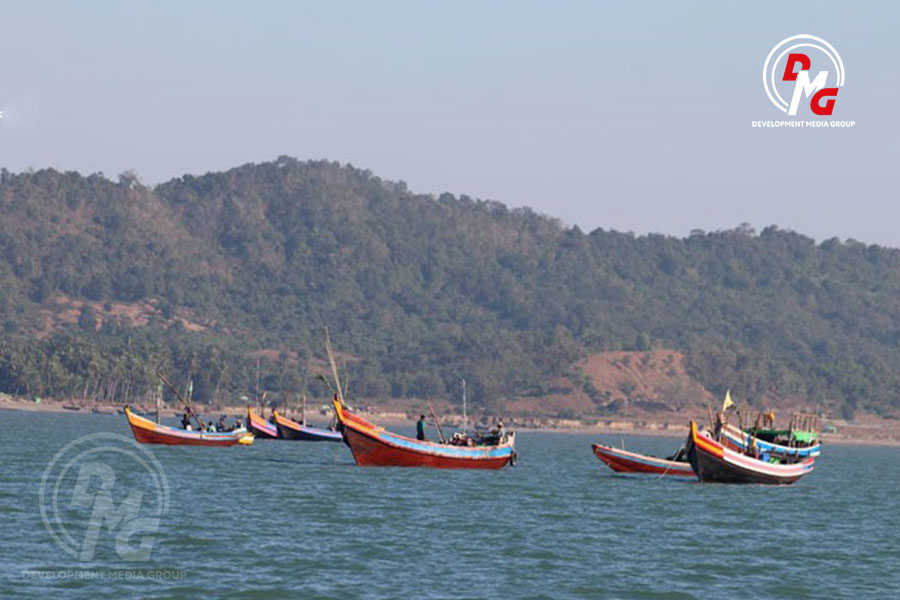
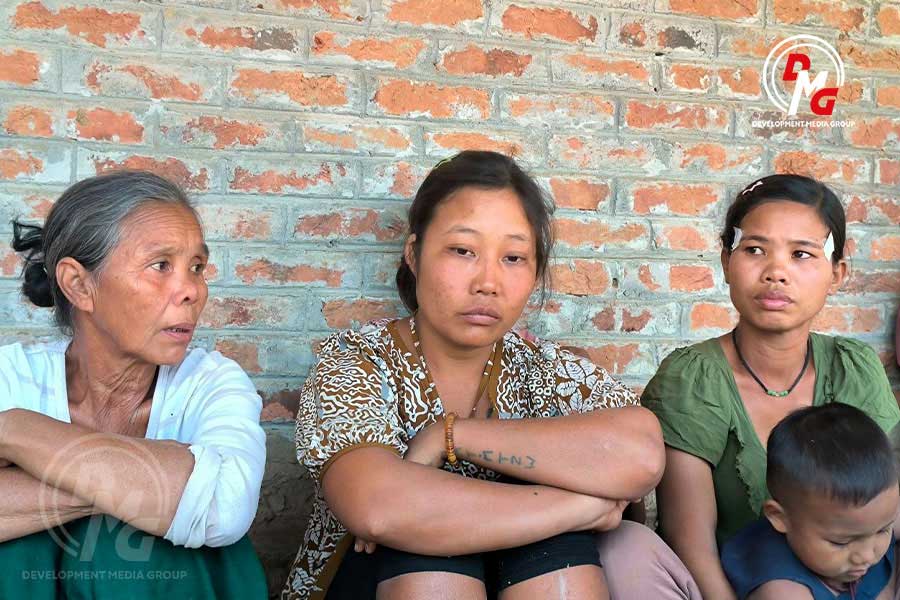







.jpg)

